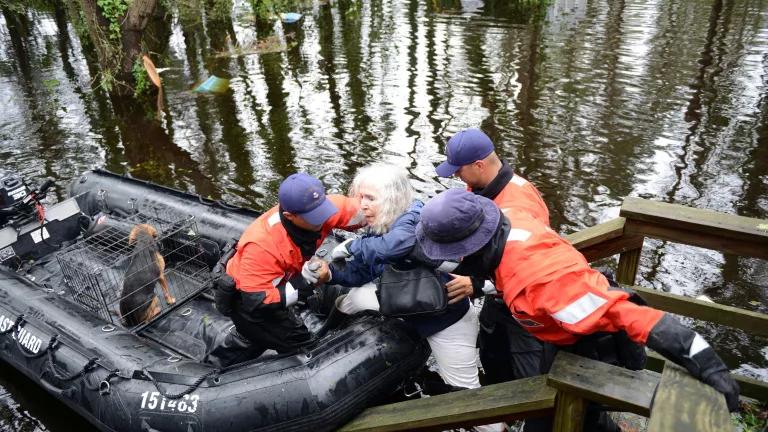President Trump announced that he will formally withdraw the U.S. from the Trans-Pacific Partnership (TPP). He has also said that that he will attempt to renegotiate the North America Free Trade Agreement (NAFTA). The real test on trade for President Trump is whether he secures trade agreements that put the environment, working families, and healthy communities first. We see no signs as of yet that Trump wants trade agreements that protect Americans from climate damages and ensure that our citizens are protected from environmental destruction.
The U.S. and eleven other countries finalized TPP last year. TPP would have been the biggest trade agreement in recent history. It would cover countries accounting for over forty percent of the world’s trade and economic output. The U.S. is a signatory to TPP, but the bill to enshrine it into law was going nowhere as a large number of Democrats were opposed to bill given the strong opposition from environmental, labor, faith-based, and other public interest groups. NRDC joined with these groups to oppose TPP as the final agreement “would allow foreign corporations to challenge our health, safety and environmental protections in a foreign tribunal outside our legal system, and it would weaken those bedrock safeguards in the United States”.
The TPP and other pending trade agreements at the time failed to address key concerns around climate change, protection of our bedrock environmental safeguards, food safety, chemical protections, and other environmental challenges.
President Trump has also publicly said that he intends to renegotiate NAFTA. We see no signs that he will ensure that companies don’t have the ability to challenge our environmental and public health protections through secret courts. NAFTA, like TPP, includes a provision called “investor-state dispute settlement”. This provision allows companies the right to challenge our environmental laws in a special trade tribunal outside the U.S. court system. When a corporation feels that its investments have been impacted by the introduction of a new law or policy, this mechanism allows foreign firms to bypass domestic court systems and sue governments for financial compensation. A number of environmental protections have been threatened by this provision. And a leading labor group has outlined that the labor and environmental provisions of NAFTA are weak and poorly enforced.
Protecting the environment and public health must be at the center of any renegotiated trade agreements. We see no signs as of yet that these provisions will be at the center of his trade priorities.




